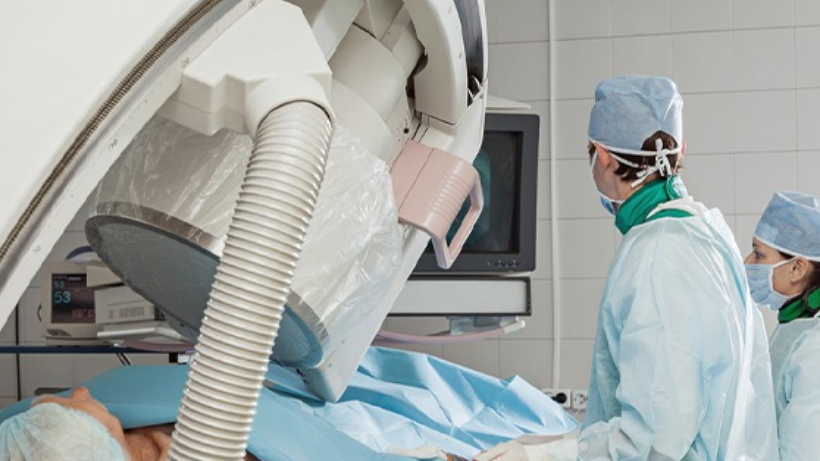
Heart CT Scan - Know Heart Blockage Without Angiography
02 May, 2022
 Healthtrip Team
Healthtrip TeamOverview
Coronary artery disease has become the most common CVD in India. This happens mostly due to narrowed or blocked coronary arteries that carry blood to your heart muscle. For such patients with blocked arteries, a few newer techniques other than invasive angiography have taken their place in medical practice. One such technique is a heart CT scan that will create a detailed picture of the heart in a non-invasive way. Here, we have discussed the same.
What is a Heart CT scan?
A computed tomography (CT) scan of the heart is an imaging technique that uses x-rays to produce detailed images of the heart and its blood vessels.
Transform Your Beauty, Boost Your Confidence
Find the right cosmetic procedure for your needs.

We specialize in a wide range of cosmetic procedures

When a coronary calcium scan is performed to determine whether you have a calcium accumulation in your heart arteries or not, it is referred to as a coronary calcium scan.
The test is occasionally combined with scans of the aorta or pulmonary arteries to search for issues with those structures.
Also, read - Symptoms Of Various Heart Diseases- Know It All
Why do you need to go for such a scan?
If your treatment planning is unknown, our doctor may request a heart scan to gain a better picture of your risk of heart disease.
- A heart scan employs a type of X-ray technology known as multidetector-row or multislice computed tomography (CT).
- The scan generates a series of pictures that reveal any plaque or calcium deposits inside the blood vessels or arteries.
- A cardiac scan offers early detection of plaque levels.
Plaque is made up of lipids, cholesterol, calcium, and other blood components. It appears gradually over time, long before any signs or symptoms of an illness appear.
These deposits can obstruct the passage of oxygen-rich blood to the cardiac muscles. Plaque can potentially break and form a blood clot, which can lead to a heart attack.
Most popular procedures in India
Atrial septal defect
Upto 80% off
90% Rated
Satisfactory
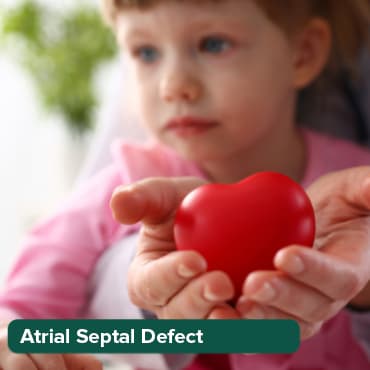
Coronary Angiogram a
Upto 80% off
90% Rated
Satisfactory
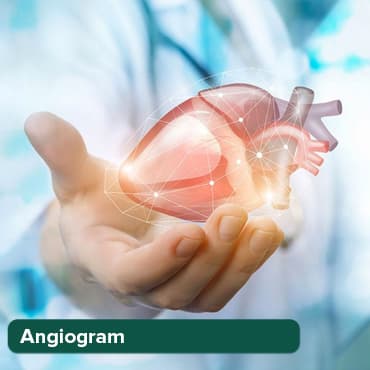
Coronary Angiogram C
Upto 80% off
90% Rated
Satisfactory
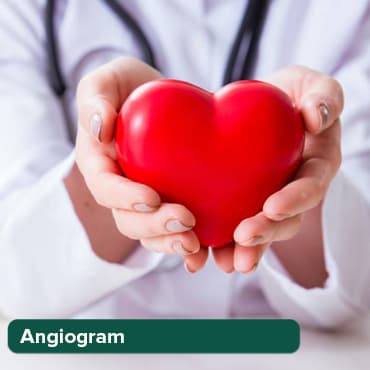
Liver Transplant
Upto 80% off
90% Rated
Satisfactory
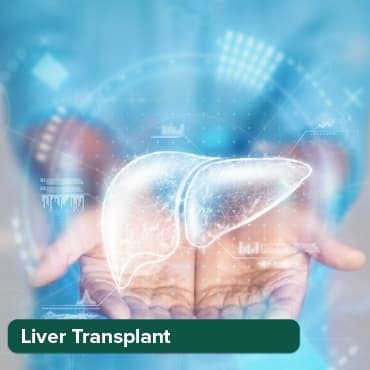
Total Hip Replacemen
Upto 80% off
90% Rated
Satisfactory
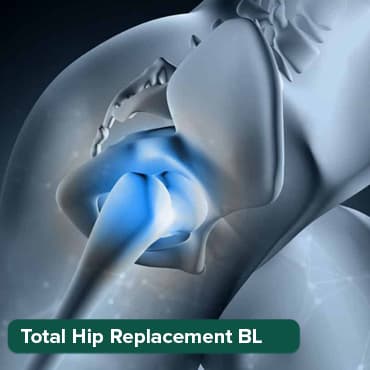
Also, read - Is Thyroid cancer Deadly?
When do you need a heart scan?
- If you have a low to moderate risk of heart disease or if your risk of heart disease is unclear, a heart scan may assist as guide therapy.
Based on your risk factors and overall health condition your doctor can advise you whether or not you should get a heart scan.
- A cardiac scan may also assist in motivating those at intermediate risk to make key lifestyle changes and adhere to treatment recommendations.
How is it performed?
- You will be instructed to lie down on a table that slides into the CT scanner's centre.
- You will lie on your back, with your head and feet on each end of the scanner.
- Small patches(4-5 patches) called electrodes are applied to your chest and attached to a machine that captures the electrical activity of your heart. Your heart rate may be slowed with medication.
- When you enter the scanner, the x-ray beam spins around you.
- Slices(a form of images or tomography) are discrete representations of the body produced by a computer.
- These photographs can be saved, viewed on a computer display, or printed on film.
- It is possible to make 3D (three-dimensional) models of the heart from the same scan.
- As the movement generates fuzzy pictures, you must remain motionless during the exam.
- It is possible that you will be instructed to hold your breath for brief periods( for a few seconds) of time.
- The full scan includes getting the patient on, reassuring them, connecting them up, doing the test, and getting them off, everything should take no more than 10 minutes.
You May Also Like - Stage 4 Breast Cancer Survival Rate By Age
Why should you consider getting CVD(cardiovascular disease) treatment in India?
India is the most favored place for cardiac treatment operations for a few major reasons. And if you are searching for the best heart hospital in India, we will help you to find the same.
- India's cutting-edge techniques,
- medical skills, and
- heart treatment costs in India are among the best in the world, as our patients need affordable and quality outcomes.
All these have significantly increased the success rate of heart treatment in India.
By simply packing their medical journey to India, pediatric cardiac treatment can substantially benefit the patient. We also offer a comprehensive range of counseling for coping with emotional changes to our international patients.
How can we help in the treatment?
If you are in search of a heart hospital in India, we will serve as your guide throughout your treatment and will be physically present with you even before your treatment begins. The following will be provided to you:
- Opinions of expert physicians and surgeons
- Transparent communication
- Coordinated care
- Prior appointment with specialists
- Assistance in hospital formalities
- 24*7 availability
- Arrangement for travel
- Assistance for accommodation and healthy recovery
- Assistance in emergencies
Our success stories
We are dedicated to offering the highest quality medical travel to our patients. We have a team of highly qualified and devoted health professionals that will be by your side from the beginning of your journey.
Wellness Treatment
Give yourself the time to relax
Lowest Prices Guaranteed!

Lowest Prices Guaranteed!




